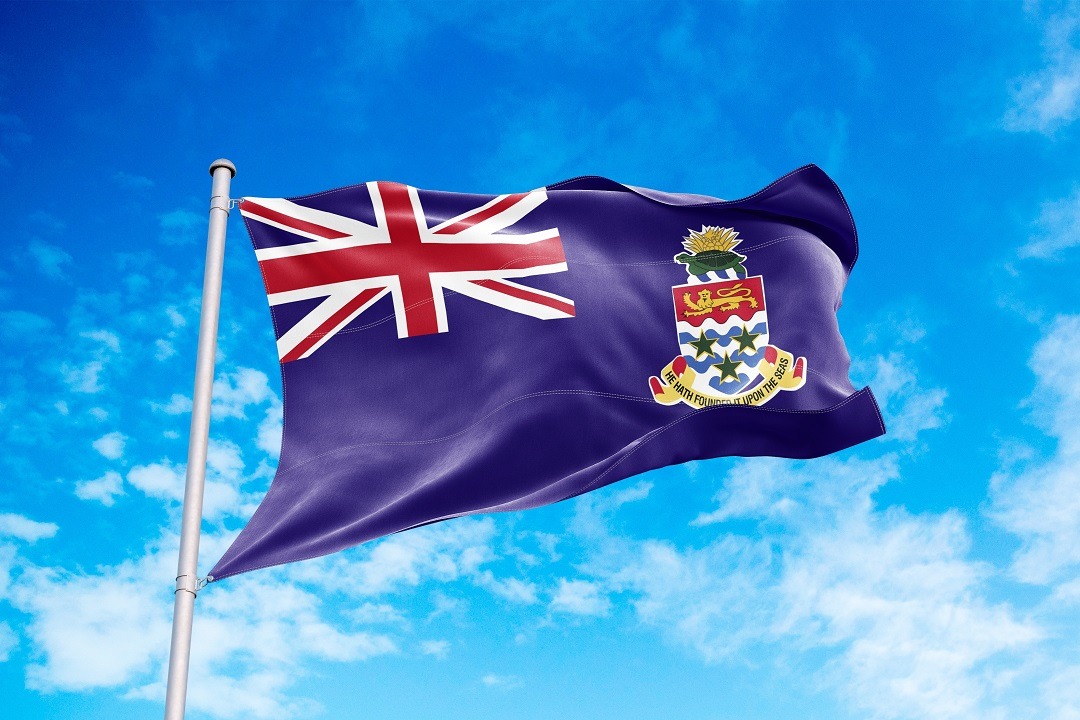How to Do Offshore Banking in Slovakia?11 min read
Reading Time: 4 minutesOffshore banking has become an increasingly popular way for both individuals and businesses to manage their finances internationally.
With the rise of digital offshore banks like The Kingdom Bank, it’s easier than ever to take advantage of offshore banking services from anywhere in the world.
In this article, we’ll explore how offshore banking works specifically in Slovakia, including what it is, the benefits, requirements, and important factors to consider when choosing an offshore bank.
What is Offshore Banking and How Does It Work in Slovakia?
At its core, offshore banking refers to financial services provided by institutions located in an overseas jurisdiction, usually with lower tax rates or less stringent regulations than one’s home country.
In the case of Slovakia, opening an offshore bank account in Slovakia allows both residents and non-residents to get access to a bank account and related offshore services through a Slovak institution while enjoying certain tax and privacy benefits.
Specifically in Slovakia, the most common type of offshore vehicle used is an “S.R.O.” or Limited Liability Company. S.R.O.s provide limited liability protection for shareholders as well as other benefits like being able to have complete foreign ownership.
A Slovakian S.R.O. then allows its owners to open an associated business bank account for conducting financial transactions.
Some Slovakian banks also offer personal offshore bank accounts in Slovakia directly to individuals without requiring an S.R.O. Either way, the process essentially works the same – account holders can manage their funds and initiate transfers remotely via online or mobile banking from anywhere in the world.
Many Slovakian banks also operate a corresponding network of international subsidiaries, giving account holders access to additional services abroad if needed.

What are the Advantages of Opening an Offshore Bank Account in Slovakia?
There are several potential benefits that make offshore banking in Slovakia an appealing option for both businesses and individuals:
- Privacy and anonymity. Slovakian bank accounts do not automatically report account holder information to tax authorities in other countries like the US or UK by default. This provides more financial privacy than a domestic account.
- Tax benefits. Depending on the jurisdiction of residence, earnings like interest income may be subject to little or no taxation in Slovakia versus one’s home country. Proper offshore structuring can also help reduce inheritance/wealth taxes.
- Asset protection. Assets in a Slovakian account have greater legal protection against lawsuits and creditors than domestic accounts due to Slovakia’s stronger asset protection laws compared to places like the United States.
- Convenience. Leading Slovakian banks offer robust online banking platforms plus debit cards, checkbooks, wire transfers and other services that allow account holders to efficiently manage their money from anywhere.
- Jurisdiction benefits. Slovakia is a stable, developed country within the European Union. An account provides exposure to the Eurozone while enjoying lower operating costs versus places like Switzerland.
Offshore banking in Slovakia strikes an appealing balance between benefits like tax savings and financial privacy versus stability, convenience and ease of access – making it a compelling offshore option.
What are the Legal Requirements for Offshore Banking in Slovakia?
While opening an offshore bank account in Slovakia is more straightforward than many other countries, there are still some legal requirements to be aware of:
- Provide valid identification documents such as a passport and proof of address for verification/KYC purposes.
- Non-residents typically need to register a Slovakian S.R.O. to open a business account and qualify for tax treaty benefits.
- S.R.O.s have minimum capitalization requirements starting at €6,600 which is contributed among shareholders.
- At least one director is required who may need to visit Slovakia for initial paperwork if they reside elsewhere.
- Accounts must follow European anti-money laundering regulations (AML) and file certain tax disclosures depending on the jurisdiction.
The good news is that many of these requirements can now be fulfilled entirely online or remotely with the help of licensed formation agents since digital offshore banks like The Kingdom Bank don’t strictly require in-person meetings.
Just be sure to use a reputable provider to assist with documentation and compliance.

How Do I Choose the Right Offshore Bank in Slovakia for My Needs?
When selecting an offshore bank, do your research and consider factors like:
- Service offerings – Evaluate banking services, investment options, credit products, custody services etc.
- Reputation and stability – Choose an established name that will be around for the long haul.
- Jurisdiction – Whether the bank is licensed by Slovakia itself offers greater oversight.
- Technology and platform experience – Consider ease-of-use of online and mobile banking platforms.
- Client support – Will the bank provide support in your language across different time zones?
- Account minimums and fees – Weigh up setup and maintenance costs versus benefits.
- Privacy policies – How does the bank report information to comply with regulations?
A great choice meeting most needs is The Kingdom Bank, as a digital offshore bank in Slovakia that offers full-service private and corporate banking online without excessive minimums or fees.
Its robust online platform also creates a convenient user experience.
What are the Potential Risks or Drawbacks Associated with Offshore Banking in Slovakia?
While offshore banking provides clear upsides, it’s important to be aware of potential downsides as well:
- Account information sharing – Under certain circumstances like tax evasion investigations, Slovak banks may disclose some account information to other jurisdictions.
- Tax compliance – Failure to properly disclose offshore income on home country tax returns brings legal risks of penalties. Professional tax and legal advice is recommended.
- Regulatory changes – Tax amnesty programs or new reporting obligations from countries like the US could impact the benefits of certain structures over time.
- Bank stability – There is always some counterparty risk placing funds with any offshore institution versus a bigger domestic name.
- Language barriers – While major Slovak banks aim to serve foreigners, limited English capabilities could hamper communication or services.
The key is to do thorough vetting and properly understand all structural, tax and legal obligations upfront to mitigate risk when banking offshore in Slovakia.
A digital offshore bank like The Kingdom Bank that provides multilingual support helps navigate these complexities.
Offshore banking in Slovakia enables both individuals and businesses to enjoy greater financial privacy, tax savings, and asset protection – when done right.
By selecting a solid provider like The Kingdom Bank, and with proper planning and compliance, it remains one of the safer and more viable options for international money management available today.
About The Author





